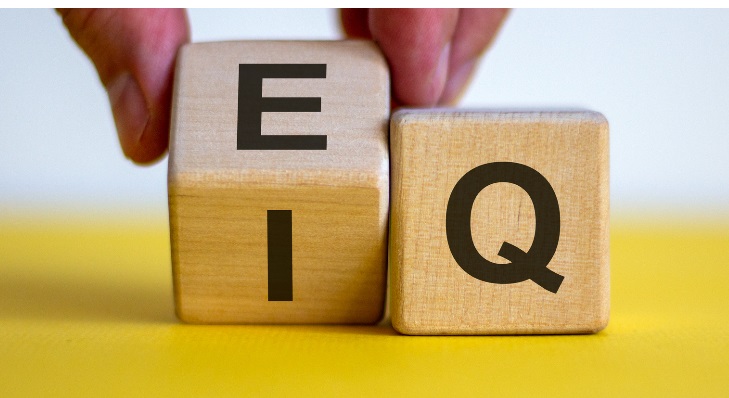He still built a global business empire with over 400 companies, amassed a multi-billion USD fortune, and was knighted by the Queen of England.
Branson is known for valuing differences and challenging traditional norms, including the concept of intelligence. "I think emotional intelligence (EQ) is more important in every aspect of life, including business," Branson shared in an interview.
According to him, the ability to listen, empathize, understand emotions, communicate effectively, and treat people well are the core elements of achieving sustainable success. EQ not only helps individuals maximize their potential but also forms the foundation for building a business that "understands people and solves their problems".
"If I had let my IQ and school grades determine my success, I certainly wouldn't be where I am today," Branson added.
Sharing the same view, Dr. Maggie Sass, executive vice president of applied research at TalentSmartEQ, a company specializing in EQ research in business environments, said the factors predicting success in work and society are showing that EQ is gradually surpassing IQ.
The World Economic Forum's 2023 Future of Jobs Report states that qualities related to emotional intelligence, such as curiosity, motivation, resilience, flexibility, and self-awareness, are some of the top qualities employers seek in employees.
Leaders, in particular, benefit greatly from emotional intelligence as it influences how they interact with those around them and how successful they are in management.
 |
Illustrative photo: talentsmarteq |
Illustrative photo: talentsmarteq
In a survey conducted on behalf of global recruitment and human resource management company CareerBuilder, 59% of US employers said they would not hire someone with high IQ but low EQ, and 75% said they would promote a candidate with higher EQ over one with higher IQ.
This shows that employers are increasingly valuing skills such as staying calm under pressure, resolving conflicts, empathizing, leading by example, and being thoughtful in decision-making.
Forbes magazine also ranked emotional intelligence as the top leadership skill in 2024.
However, Dr. Maggie Sass believes that the role of IQ in one's career cannot be denied. IQ is primarily related to the ability to learn, reason logically, solve problems, and think abstractly.
This is the type of intelligence often tested in entrance exams, academic aptitude tests, or analytical assessments.
A person with a high IQ often stands out for their ability to learn quickly, analyze well, and be creative in problem-solving. This is especially useful in fields like engineering, scientific research, programming, finance, or jobs requiring accuracy and the ability to process complex information.
However, IQ is almost a personal indicator, not reflecting how a person interacts with others. In contrast, EQ can predict the level of success in social relationships, teamwork environments, and leadership roles. Experts believe that IQ is the ticket to starting a career, but to shine and develop in the long term, high EQ is also needed.
"People with high EQ often know how to stay calm, empathize with others, and resolve conflicts smoothly, things that IQ alone cannot guarantee," said Maggie Sass.
Nhat Minh (According to Inc/Talentsmarteq)












